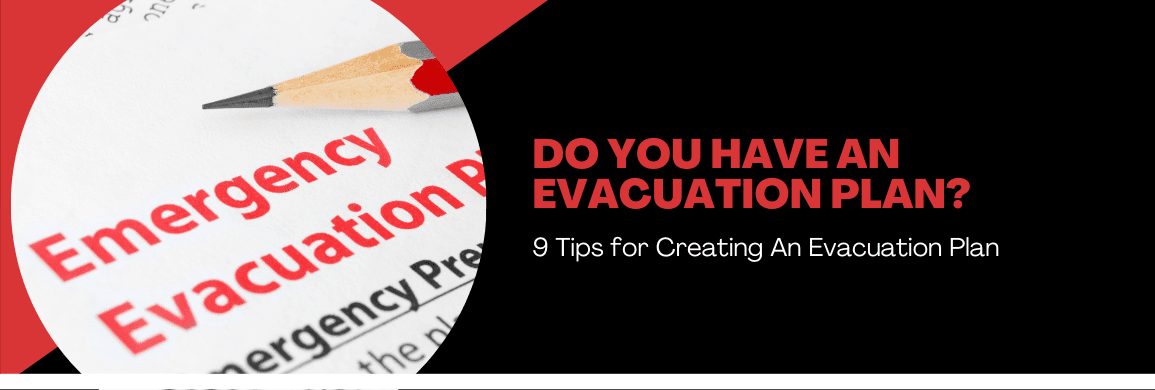
Learn:
Learn the types of disasters that are can occur in your area. Discover emergency, evacuation, and shelter plans for each.
Check:
Check with local officials and determine shelters are available this year.
Identify:
Identify places you could go to in an emergency, such as a friend’s home in another town or a motel. Choose destinations in different directions to ensure you have options during an emergency.
Routes:
Be familiar with alternate routes and other means of transportation if needed.
Packing:
Should you need to leave, include cleaning items such as soap, hand sanitizer, disinfecting wipes, or general household cleaning supplies to disinfect surfaces when packing.
Family Plan:
Establish a family/household plan to stay in touch if you become separated. Establish a meeting place and update as needed.
Evacuate:
Find out if you need to evacuate your area.
You’ll only need to travel far enough that you are away from the evacuation zone.
Pets:
Make sure that all your pets are wearing collars and identification tags with up-to-date information. Increase your chances of being reunited with pets by having them microchipped. Remember to make sure the microchip registration is in your name. Also, the average person who finds your pet will not be able to scan for a chip but can read a tag!
Contact Hotels About Pet Policies:
Contact hotels and motels outside your immediate area to see if they accept pets. Ask about any restrictions on number, size, and species. Inquire if a “no pet” policy would be waived in an emergency. Keep a list of animal-friendly places handy, and call ahead for a reservation as soon as you think you may need to leave your home.
Hurricanes are strong storms that can be life-threatening as well as cause serious hazards such as flooding, storm surge, high winds, and tornadoes. Following the above tips will help you to keep loved ones, pets, and yourself safe.











